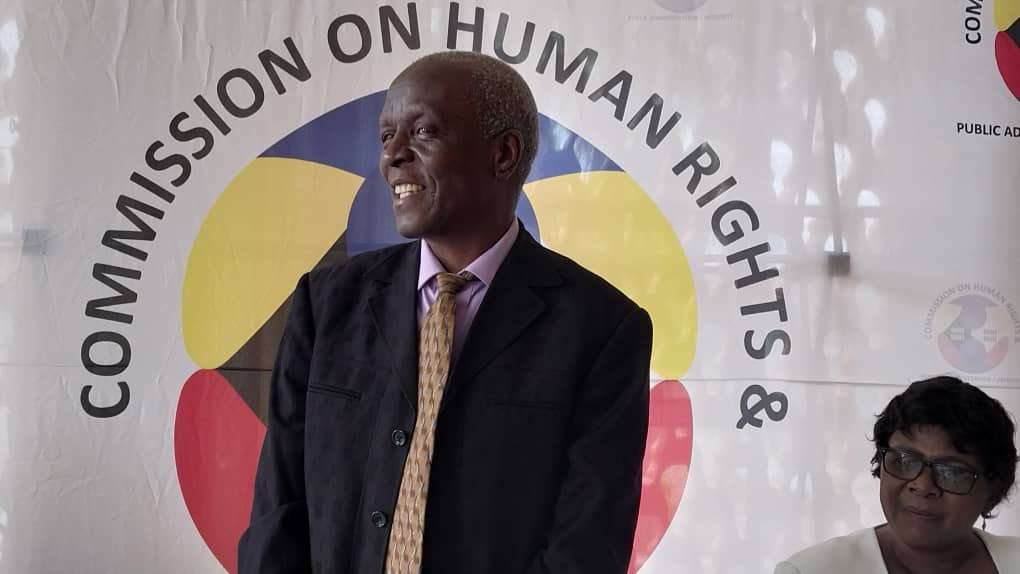By Thokozani Mazibuko
The Ministry of Justice and Constitutional Affairs has taken a step towards enhancing the efficiency and integrity of the judicial process to prevent the theft and disappearance of dockets.
The Minister of Justice and Constitutional Affairs, Prince Simelane, announced the forthcoming implementation of an Electronic Case Management System.
This advanced initiative aims to eliminate the persistent problem of missing dockets that has plagued police stations and courts over the years.
The announcement was made during the minister’s visit to the Zakhele Remand Centre, where he launched a collaborative partnership involving the Human Rights Commission,
RELATED: Ministry of Justice to fight the scourge of Corruption
His Majesty’s Correctional Services (HMCS), the Director of Public Prosecution (DPP), and the Law Society of Eswatini.
The partnership is committed to ensuring that pre-trial detainees at the remand centres receive timely access to justice while upholding their human rights.
The Minister expressed optimism about the transition to digital documentation, emphasizing that the Electronic Case Management System will expedite trial processes and significantly safeguard the security of legal documents, thereby minimizing the risk of them going missing.

“We are embarking on a transformative journey in our justice system,” Minister Simelane stated.
“This system will enhance transparency and accountability within our legal framework, ensuring that justice is not only served but is seen to be served.”
The initiative is particularly crucial for pre-trial detainees who often face prolonged periods of incarceration without trial.
By streamlining case management, the Ministry aims to minimize delays and congestion within the justice system, thereby facilitating a more efficient trial process.
Advocates of human rights have welcomed the introduction of the Electronic Case Management System as a long-overdue reform that underscores the importance of adhering to due process.
The partnership’s focus on the rights of detainees reflects a broader commitment to human rights protection, an endeavor that is essential for a functioning democracy.
RELATED: Ronnie’s sharp pencil redefined Eswatini’s portraiture!
The introduction of this modernized system is expected to commence in the coming months, accompanied by training for legal and correctional staff to ensure a smooth transition to the new technology.
As Eswatini moves towards digitization in its legal processes, the government reinforces its commitment to fostering an environment where justice prevails swiftly and fairly.
It should be noted that as the legal community and stakeholders await the rollout of this innovative system, the focus remains on ensuring that the rights of all individuals are respected and upheld throughout the judicial process.
It is worth mentioning that with the Electronic Case Management System on the horizon, the future of justice in Eswatini looks increasingly promising.


